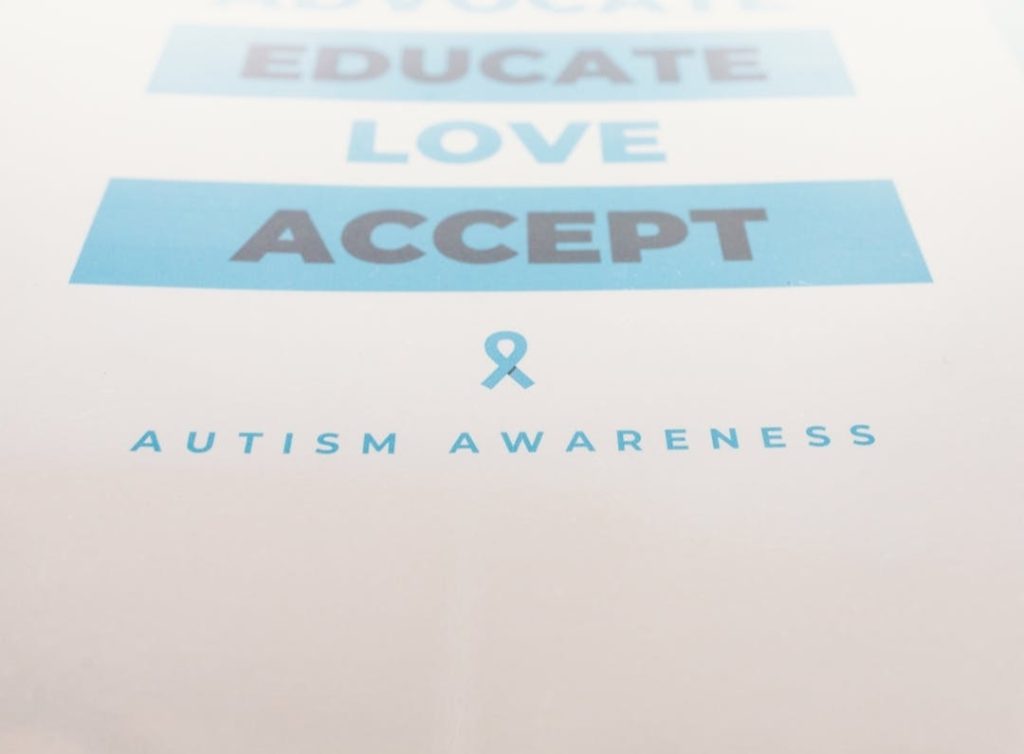There’s always that one person that just gets under your skin whether you know them or not. Someone who does things in a way that just baffles you as it seems to defy any common sense you have. Maybe it’s that car in front of you not using their turn signal, or that coworker who always seems to say you’re doing something wrong. Maybe it’s your spouse who’s ‘inventing’ a new way to do dishes. Where’s their common sense? However, we have to ask one question when faced with common sense: Is it really that common?
During my college years one of my favorite professors raised a few questions to spark a discussion: “What is common sense? Does everyone have it? How is it learned?” This raised quite a few eyebrows. A few of us tried our best to reason what we knew it to be, but it was then that we began to realize common sense isn’t common. At least not the way we think we know.
Actually, we learn common sense through our experiences. If you have siblings you’ll find that your common sense is similar to theirs. You grew up in the same household, had similar lessons and growth allowing common sense to be shared. However, if you meet someone with different life lessons, a different background, and different experiences altogether there’s a greater chance that their common sense will be different from yours.
As frustrating as this can be, they’re doing things to the best of what they know. But, frustrating or not, it’s always good to know more about the other person before jumping to conclusions. They could easily be using their common sense. If you don’t know them it’s easy to assume, and I think most of us know how the rest of that phrase goes. When faced with any situation where you discover that someone does things different from you, it’s not because they aren’t smart or because they’re testing your limits; it’s due to their background. Experiences do affect how people act later on in life, just as they have affected you.
If something they do is actively harmful to themselves or others, sit and talk with them. If they’re willing to listen you can ask them about their reasoning and explain yours as well. However, unless they want it, don’t offer unsolicited advice. If they ask for that advice, offer ways that can help them. They won’t change immediately, maybe not at all, but they have the advice if they choose to use it. Unless you’re a licensed therapist don’t try to change them, that’s not your job. However, if they’re willing, be their friend. Learn what it is that makes them uniquely them. On the same note, listen to others’ advice. Be open to constructive criticism as people may be seeing something you’re not and are trying to help you. Perhaps not everything said will be meaningful, but it can be helpful to see what could be improved. Then, as you go through your day remember: Common sense is not common.
Her Nexx Chapter invites you to join our free Community where women from around the world are connecting with each other’s stories, exploring different experiences, and transforming ideas.
The Future of Connection for Women








0 Comments